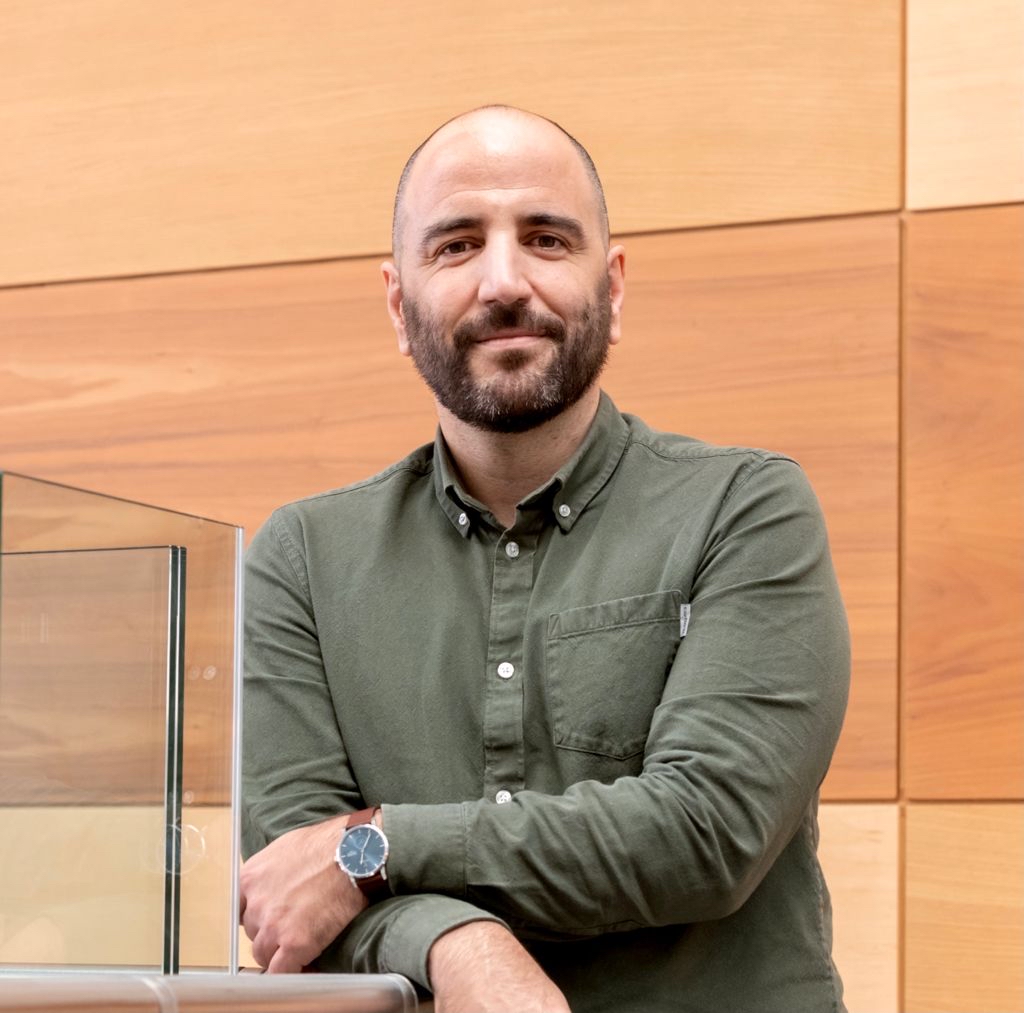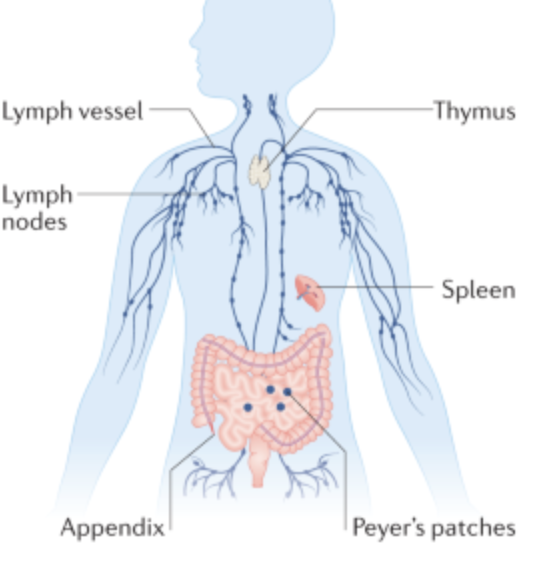
ALberto Elosegui (Investigador Postdoctoral, King’s College London)
Understanding how physical properties and biochemical cues regulate biological functions
Fecha: 11-05-2022
Hora: 15 h
Lugar: Aula A.06 del edificio Ada Byron, meet.google.com/ugt-iuhd-rty
Alberto obtained a PhD in Biomedical Engineering from the University of Navarra (Spain) in 2012. After graduation, he moved to Barcelona to the laboratory of Pere Roca-Cusachs at IBEC to pursue his postdoctoral studies. During this time, he contributed to the identification of novel molecular mechanisms that explains how cells sense and respond to mechanical properties. In 2017, he was funded with a Marie-Skłodowska Curie fellowship to continue his research training in David J. Mooney’s laboratory at Harvard University. Here, he examined the influence of the extracellular matrix viscoelasticity in
cell and tissue response. In 2020, he was awarded an ERC Starting Grant and he started his lab at the Francis Crick Institute in 2021 in a joint appointment with the Physics Department at King’s College
London. He integrates physics, engineering and biology to study the role of mechanics in living tissues.
Abstract
The world is becoming unprecedentedly connected thanks to emerging media and cloud-based technologies. The holy grail of metaverse requires recreating a remotely shared world as a digital twin of the physical planet. In this world, the human is probably the most complex mechanical, physical, and biological system. Unlike computers, it is remarkably challenging to model and engineer how humans perceive and react in a virtual environment. By leveraging computational advancements such as machine learning and biometric sensors, this talk will share some recent research on altering and optimizing the human visual and behavioral perception toward creating the ultimate metaverse.
Bio
Qi Sun is an assistant professor at New York University, Tandon School of Engineering (joint with Dept. of Computer Science and Engineering and Center for Urban Science and Progress). Before joining NYU, he was a research scientist at Adobe Research and a research intern at NVIDIA Research. He received his Ph.D. at Stony Brook University. His research interests lie in computer graphics, VR/AR, vision science, machine learning, and human-computer interaction. He is a recipient of the IEEE Virtual Reality Best Dissertation Award.
